Traffic Cone Recycle: An Overview
Traffic cone recycle processes play a crucial role in maintaining sustainability within the transportation and safety industries. These cones, often made from durable plastics, are designed to withstand various environmental conditions and are essential for traffic management, safety protocols, and public utility services. The recycling of traffic cones not only supports environmental conservation but also ensures a steady supply of these vital products for wholesalers and businesses.
Types and Applications
The versatility of recycled traffic cones is evident in their range of types and applications. From collapsible cones for easy storage to reflective models for enhanced visibility, each variant serves a specific purpose. These cones are integral to traffic guidance, marking hazards, delineating construction zones, and serving as temporary signage. Their application extends beyond roadways to include educational tools for children, highlighting the importance of road safety from an early age.
Features and Materials
Recycled traffic cones are characterized by their robust construction, often fabricated from high-density polyethylene (HDPE) or low-density polyethylene (LDPE). These materials ensure the cones are lightweight yet stable, with added resistance to impacts and weather-related wear. Features may include a weighted base for stability, reflective strips for visibility, and UV protection to prevent fading. The adaptability of these materials also allows for the inclusion of technological advancements, such as LED lighting for increased visibility.
Advantages of Recycled Traffic Cones
The advantages of opting for recycled traffic cones are manifold. They offer an eco-friendly solution by reducing plastic waste and minimizing the environmental footprint of production. Additionally, these cones provide cost-effectiveness for wholesalers, as recycled materials typically come at a lower price point compared to new plastics. The durability and longevity of recycled cones also mean a longer service life, resulting in fewer replacements and better resource utilization.
Innovations in Traffic Cone Recycle
Innovation in the field of traffic cone recycle has led to the development of solar-powered options, enhancing the functionality of these products. Solar-powered LED cones offer a sustainable lighting solution, particularly useful in areas lacking conventional power sources. This innovation aligns with the growing demand for renewable energy solutions in public utilities and infrastructure projects.
Conclusion
The traffic cone recycle sector is an essential component of the modern transportation and safety industries. By providing a variety of recycled cones, Alibaba.com facilitates the connection between wholesalers and businesses seeking sustainable, durable, and cost-effective traffic management solutions. The platform's commitment to environmental sustainability is reflected in the support of recycled traffic cone products, ensuring that businesses can find the necessary items to meet their specific needs without compromising on ecological values.


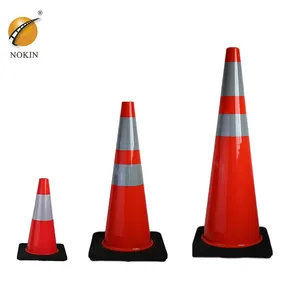

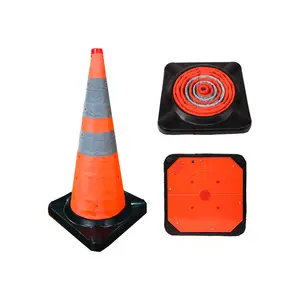







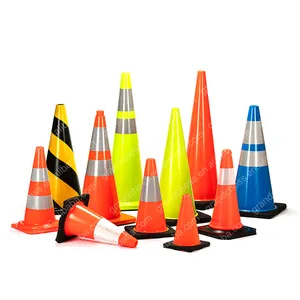


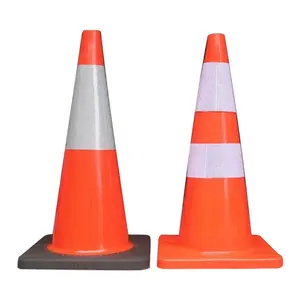

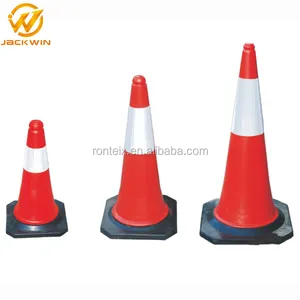













 浙公网安备 33010002000092号
浙公网安备 33010002000092号 浙B2-20120091-4
浙B2-20120091-4